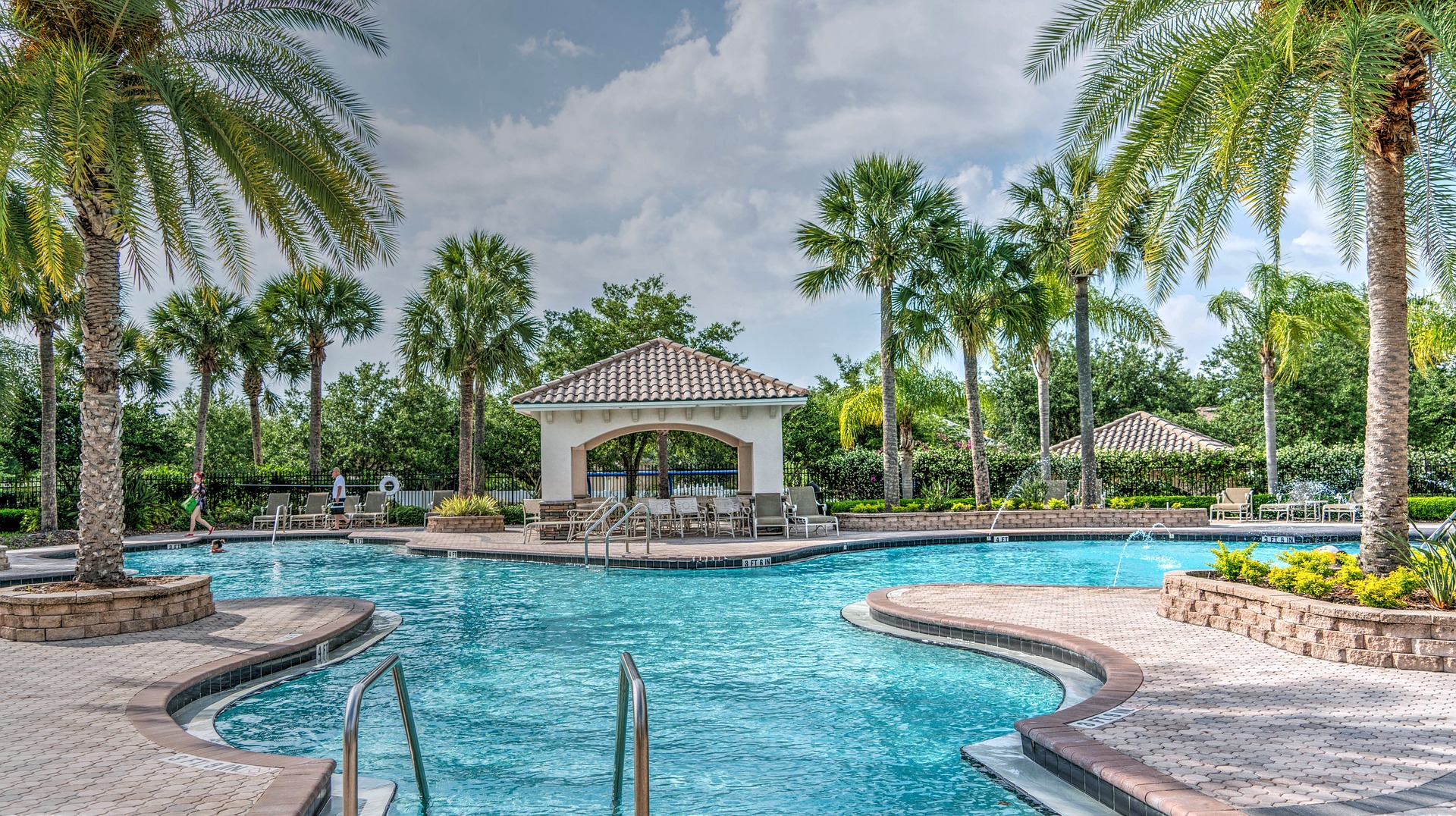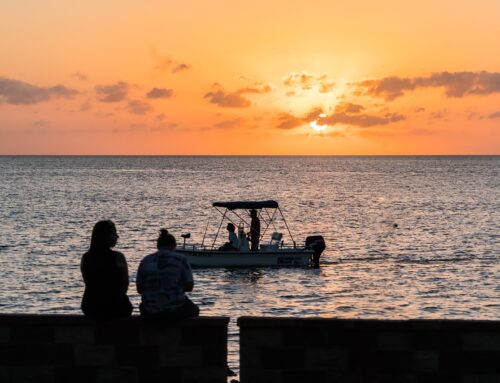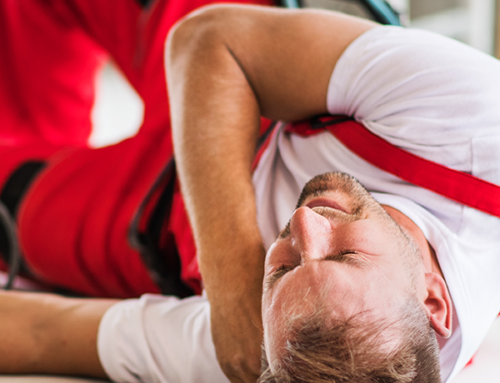As we head into the summer season and restrictions are lifting all over Florida, we are once again thinking of opening the swimming pools. According to the U.S. Consumer Product Safety Commission, there is an average of 390 deaths per year which take place in swimming pools. But pools are also responsible for countless injuries annually, from slip and falls to neck and back injuries.
Whether you have a private swimming pool in your backyard, or are responsible for a community pool in your neighborhood, here is the information you need to do regarding liability.
There are three “classes” of people who may be injured in or around a swimming pool.
- Invitees: People who are allowed to utilize a public pool
- Licensees: In regards private pools, this means family members and invited guests.
- Trespassers: Those who have no permission to be oin the property.
The liability that a pool owner has varies based upon who was injured, and what their status is. For instance, the operator of a public pool has the responsibility to reasonably maintain the property so people do not get injured; while the owner of a private pool has the responsibility to warn his guests if there is any danger which is not readily visible.
Therefore, if a pool owner does not properly maintain drains, ladders, railings, or diving boards and someone is injured, they may be liable for injuries. Other risks should reasonably be expected by licensees or invitees, such as slipping on a wet pool deck. In such circumstances, the owner is rarely held liable.
The third category of people is trespassers. These people do not have any legal right to be on the property, so property owners do not have a responsibility to keep those people safe. However there is one class of “trespassers” which property owners do need to consider – children.
Liability, Swimming Pools & Children
The statistics regarding children and the risk of swimming pools is alarming. Drowning is the number one cause of accidental death in children under the age of 4 years; and in recent years, 73 percent of nonfatal swimming pool injuries involved children of the same age. Further, three-quarters of deaths occur in private swimming pools.
The area of law which deals with liability and children is called the attractive nuisance doctrine. This states that a property owner may in fact be found liable for a child’s injuries – even if the child was “trespassing”. The important points to understand include:
- Applies if the child’s injury is caused by something on the property which is likely to attract a child, such as a swimming pool or swing set. Other cases have identified trampolines, wood piles and abandoned cars as possible attractive nuisances.
- Designed to protect children who cannot identify and assess the risk posed by the object
- Liability is imposed on the landowner for not properly securing and protecting such an attractive object.
In regards to swimming pools, property owners should secure with fencing, whether around the backyard itself, or around the pool. All gates should remain locked when no one is watching the pool. Should a child wander into the yard and fall in the pool without encountering a fence or gate, the homeowner is likely legally liable. The same applies for community pools in neighborhoods.
If you feel that a pool owner or management company was negligent and you have suffered a pool-related injury, call the attorneys at Probinsky & Cole.







